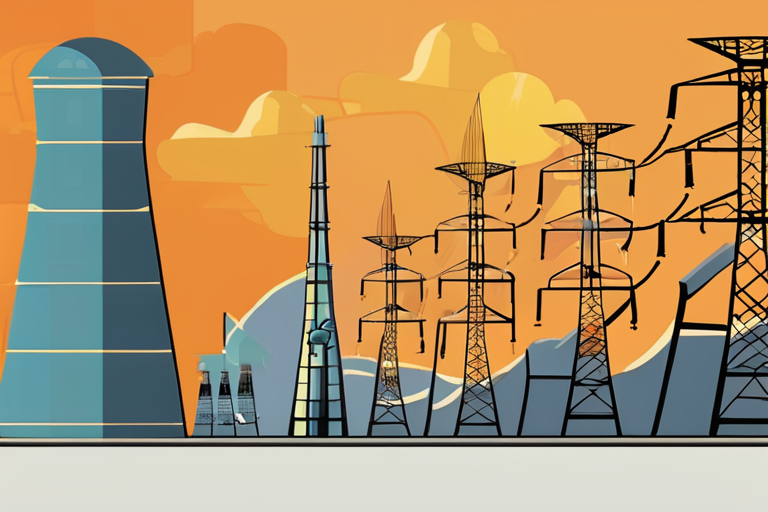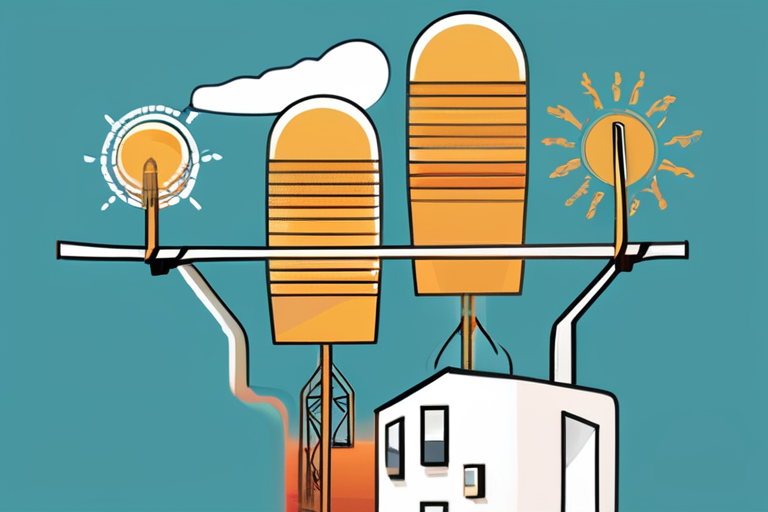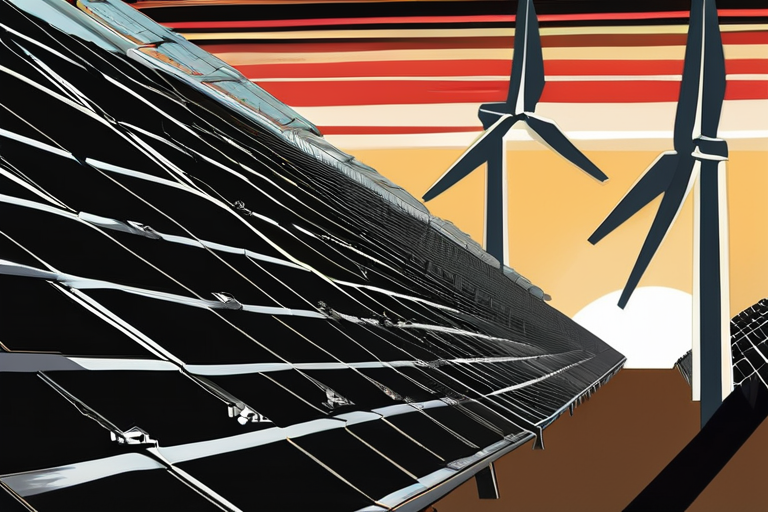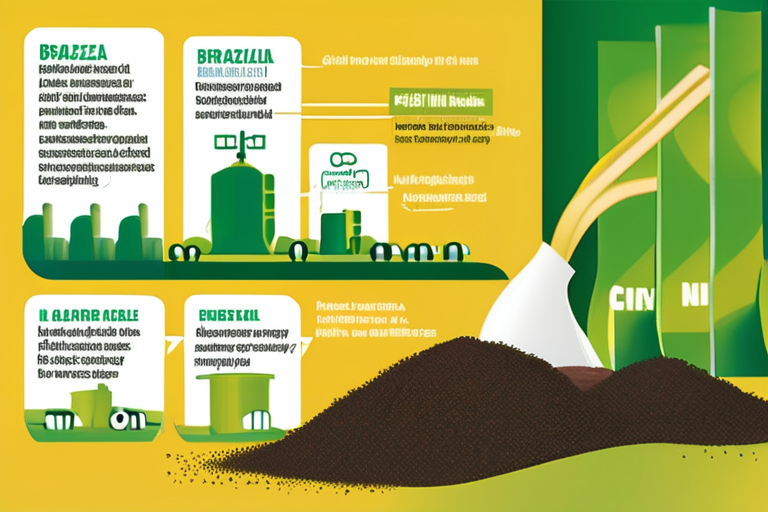Dr. Maria Rodriguez, a leading expert in renewable energy, emphasized the importance of prioritizing solar and wind power over mega-dams. "While hydropower can be a valuable source of renewable energy, its development in sensitive ecosystems can have devastating consequences," she said. "We must prioritize the deployment of solar and wind power, which can be scaled up quickly and efficiently, and have a much lower environmental impact."
The COP30 climate meeting in Brazil is being framed as a conference of implementation, with a focus on fulfilling existing climate commitments. This shift in emphasis is a response to the growing recognition that the transition to green energy is not just a moral imperative, but also a critical component of mitigating the worst impacts of climate change.
In recent years, China, Brazil, and India have made significant investments in renewable energy, with solar and wind power becoming increasingly cost-competitive with fossil fuels. According to a study published in Nature, these countries have made rapid advances in the development of large-scale solar and wind farms, with a significant reduction in costs and an increase in efficiency.
However, the development of mega-dams in ecologically fragile regions has raised concerns about the environmental impact of large-scale hydropower projects. The Amazon rainforest, for example, is home to a vast array of plant and animal species, and the construction of mega-dams in the region has been linked to deforestation, habitat destruction, and the displacement of indigenous communities.
Dr. John Taylor, a leading expert in environmental policy, noted that the development of mega-dams in sensitive ecosystems can have far-reaching consequences. "The construction of mega-dams can have a devastating impact on local ecosystems, and can also exacerbate the effects of climate change," he said. "We must prioritize the deployment of solar and wind power, which can be scaled up quickly and efficiently, and have a much lower environmental impact."
The COP30 climate meeting is expected to focus on the implementation of existing climate commitments, with a particular emphasis on the transition to green energy. Leaders from around the world are expected to gather in Brazil to discuss the latest developments in renewable energy and to share best practices for scaling up the deployment of solar and wind power.
As the world continues to grapple with the challenges of climate change, the transition to green energy is becoming increasingly critical. With the development of mega-dams in ecologically fragile regions raising concerns about the environmental impact of large-scale hydropower projects, leaders at COP30 are being urged to prioritize solar and wind power as a key component of the global response to climate change.



























Share & Engage Share
Share this article